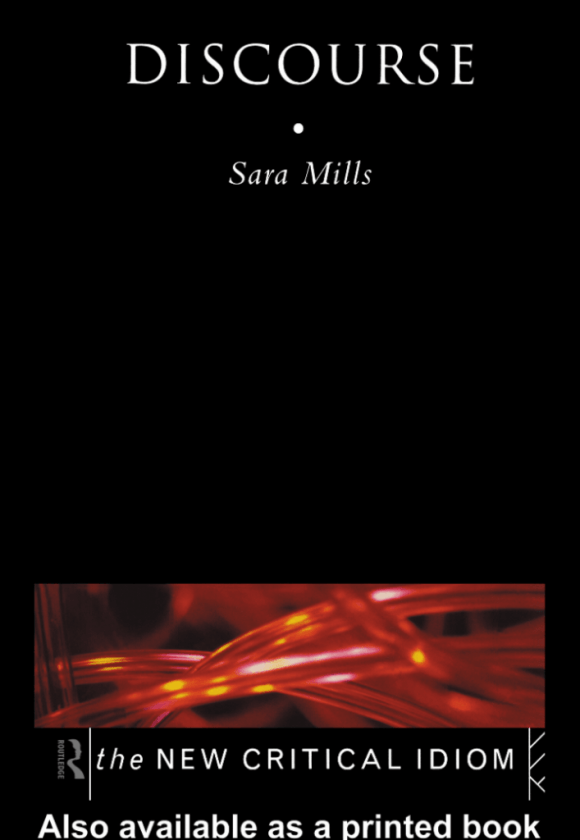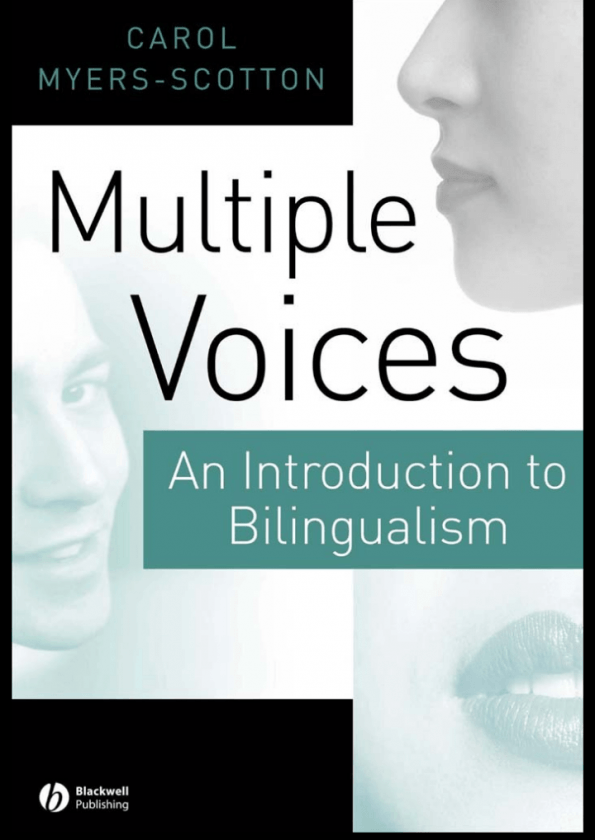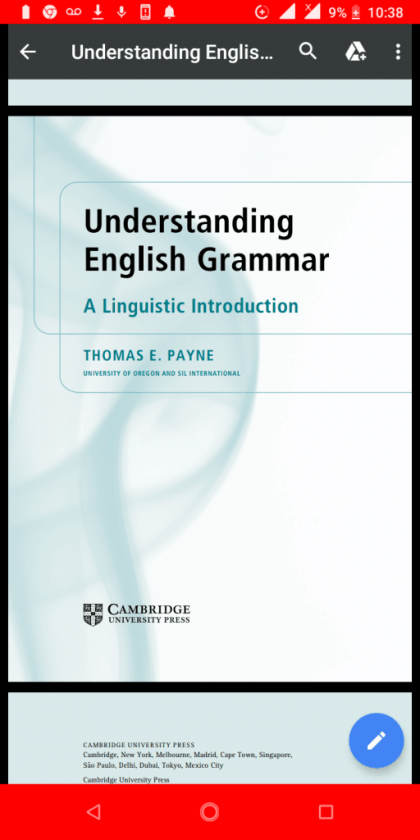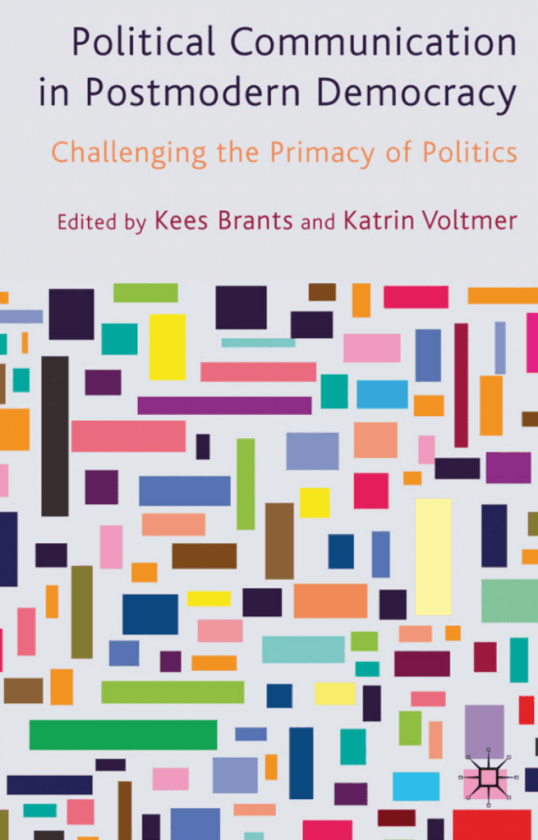Code Mixing and Code Switching Among Etche-English Bilingual
Description
CODE MIXING AND CODE SWITCHING AMONG ETCHE-ENGLISH BILINGUALS
BY
NWAIWU, FORTUNE
REG. NO. ELS/MA/09/008
ISBN 978- 1- 387- 34209-9
A MASTER’S DEGREE THESIS CARRIED OUT IN THE DEPARTMENT OF ENGLISH AND LITERARY STUDIES, UNIVERSITY OF CALABAR.
SUBMITTED TO
GRADUATE SCHOOL
UNIVERSITY OF CALABAR
CALABAR-NIGERIA
IN PARTIAL FULFILLMENT OF THE REQUIREMENTS FOR THE AWARD OF THE MASTERS OF ARTS DEGREEE IN ENGLISH AND LITERARY STUDIES.
SEPTEMBER, 2014.
CERTIFICATION
I, Nwaiwu Fortune with registration number ELS/MA/2010/008, hereby certify that this thesis on Code Mixing and Code Switching Among Etche-English Bilinguals is original, and has been written by me. It is a record of my research work and has not been presented in any previous publication.
Name: NWAIWU, FORTUNE
Sign:--------------------------------
DECLARATION
We declare that this thesis entitled Code Mixing and Code Switching Among Etche-English Bilinguals by Nwaiwu Fortune (Registration Number ELS/MA/09/008): carried out under our supervision, has been found to have met the regulations of the University of Calabar. We, therefore, recommend the work for the award of the Masters Degree in English and Literary Studies.
1. Dr. Stella A. Ansa Signature:__________________
(Chief Supervisor)
Qualification/Status
Senior Lecturer Date:______________________
2. Dr. Stella A. Ansa Signature:__________________
(Head of Department)
Qualification/Status
Senior Lecturer Date:______________________
3. _______________________ Signature:__________________
(Grad. Sch. Representative)
Qualification/Status
Date:______________________
4. _________________ Signature:__________________
(External Examiner)
Qualification/Status
Date:______________________
ACKNOWLEDGEMENTS
I express my sincere gratitude to my supervisor, Dr. Mrs. Stella Ansa who critically scrutinized the work and rendered her academic support where necessary for the success of this work.
Moreso, I am indebted to my lecturers, Prof. (Mrs.) Ebele Eko, Dr. Ekpenyong Bassey, Dr. Mrs. Akpan, Dr. Godwin Ushie, Prof. (Mrs.) Stella Ekpe and Dr. Ashipu for their support to the success of this research.
I also reserve my respect to the following: Dr. Daniel Ogum, Dr. A. Orlu, and Dr. (Mrs.) Chioma Chukwueggu at Rivers State University of Education, Port-Harcourt.
I will not fail to express my gratitude to my friends in the University of Calabar, especially James Adie, Joel Anon, Innocent Ordu, Humphery Wiche and a host of others.
My sincere appreciation also goes to my family friends, Dr. Onwuzurike who devoted his time and energy to ensure that my education is furthered. He also rendered financial support to me.
Also I owe an enormous debt to my parents, Rev. Apostle Nwaiwu Sampson and Rev. Apostle (Mrs.) Nwaiwu Juliana for the material and financial support rendered for the success of this thesis.
Finally, I am most grateful to my siblings, Honourable Nwaiwu, Gift; Nwaiwu, Promise Nnamdi; Nwaiwu, ThankGod Uchenna; Nwaiwu, Temple Chizurum; Mrs. Okere, Ebere; Nwaiwu, Happiness and Nwaiwu Confidence who encouraged me in one way or the other to withstand the challenges faced during this research work by rendering their financial assistance to me.
ABSTRACT
This study “Code Mixing and Code Switching Among Etche-English Bilinguals” was set to find out the use of code mixing and code switching in both formal and informal settings of Etche-English bilinguals using two domains: education and religion. It examined the types of code mixing/switching, the syntactic positions of code mixing, the probable reasons and the impacts of code mixing and code switching on the use of English among Etche bilinguals. The study was based on the subjects’ performance on the use of code. The researcher collected data from the utterances of the subjects from the sampled schools and churches through observations and these were analysed using Hymes’ (1974) theory of communicative competence as the theoretical frame work and Halliday’s (1961) theory of systemic grammar to account for the occurrences of code mixing. Our findings showed that in formal settings, the bilinguals tended to code mix Etche more frequently but code switch to English more frequently than Etche in informal settings. This was attributed to the setting of discourse and probably, there were many expressions in English that are familiar to the bilinguals which they could use in their sentences so easily. Also code mixing or/ and switching tended to occur more frequently at intra-sentential levels while switching was more of the metaphorical code switching. It was observed that the switchings were made to exert some metaphorical effects on the hearers. The researcher found also that code mixing and code switching do not lead to a decline in the students’ and other bilinguals’ use of Standard English. The researcher therefore recommends the study of bilingualism in Nigeria should be encouraged. Schools, in particular, should be encouraged to implement the national language policy on education. This we believe will make teaching and learning in general easier. (Word count: 295)
TABLE OF CONTENTS
TITLE PAGE i
CERTIFICAITON ii
DECLARATION iii
ACKNOWLEDGEMENTS iv
ABSTRACT v
TABLE OF CONTENTS vi
LIST OF TABLES vii
LIST OF FIGURE viii
LIST OF ABBREVIATIONS ix
CHAPTER ONE: INTRODUCTION
1.1 Etche: The people and the language 3
1.2 The statement of problem 7
1.3 The objectives of the study 7
1.4 The research questions 8
1.5 Research hypothesis 8
1.6 The significance of the study 9
1.7 The scope of the study 10
1.8 The limitation of the study 10
1.9 Definition of terms 10
CHAPTER TWO: LITERATURE REVIEW
2.1 Bilingualism and multilingualism 12
2.1.1 Simultaneous versus sequential bilingualism 13
2.1.2 Co-ordinate versus compound bilingualism 14
2.1.3 Balanced versus dominant bilingualism 15
2.1.4 Additive versus subtractive 15
2.2 Code mixing and code switching 15
2.2.1 Types of Code Mixing 17
2.2.2 Types of code switching 19
2.3 Reasons/motivations of code mixing and code switching 21
2.3.1 Socio-psychological motivations/reason 21
2.3.1.1 Quoting somebody else or a well-known proverb: 21
2.3.1.2 Expressing group identity 22
2.3.1.3 To exclude other people when a comment is intended
for only a limited audience 22
2.3.1.4 Cultural disloyalty 22
2.3.1.5 Language attitude 23
2.3.1.6 Subconscious linguistic behaviour 23
2.3.2 Linguistic factors 23
2.3.2.1 Repetition for clarification 23
2.3.2.2 Talking about a particular topic/because of real lexical
need and lexical gap 24
2.3.2.3 Interjection (inserting fillers or sentence connections) 25
2.3.2.4 To soften or strengthen request or command 25
2.3.2.5 Poor competence in one code 25
2.4 Borrowing 26
2.4.1 Lexical borrowing 26
2.4.2 Structural borrowing 27
2.5 Loanword and calque 28
2.6 Diglossia 29
2.7 Previous studies on code-Mixing and code-switching 30
CHAPTER THREE: THEORETICAL FRAMEWORK AND RESEARCH
METHODOLOGY
3.1 Theoretical framework 36
3.1.1 Communicative competence 36
3.1.2 Systemic grammar 38
3.1.2.1 Category of structure 48
3.1.2.2 Category of class 49
3.1.2.3 Category of system 51
3.2 Method of data collection 56
3.3 Data source 57
3.4 Population and sample of the study 57
3.5 Method of analysing the data 58
CHAPTER FOUR: ANALYSIS AND DISCUSSION OF FINDINGS
4.1 Code mixing analysis 59
4.1.1 Procedure and model of analysis 59
4.1.2 Domains: education and religion 59
4.2 The analysis of code switching 90
4.3 Discussion 108
CHAPTER FIVE: SUMMARY OF FINDINGS, CONCLUSION AND RECOMMENDATIONS.
5.1 Summary of findings 115
5.1.1 Code mixing found in the speeches of the bilinguals 115
5.1.2 Code switching discovered in the utterances of the bilinguals 116
5.1.3 Probable reasons for code mixing and code switching 117
5.2 Conclusion 118
5.3 Recommendations 119
REFERENCES 120
APPENDIX 129
CHAPTER ONE
INTRODUCTION
Language is a social phenomenon and does not exist in a vacuum. It is used by speech communities whose members interact with one another as well as with members of other speech communities. It plays a significant role in a society where people interact to coexist. Modern linguists regard not only language as an instrument for communication, but also see language as a social phenomenon which people in a speech community use to share their feelings, ideas, thoughts and emotions with one another (Abercrombie 1972, p.260).
Language and society are inseparable. For society to exist there must be groups of people (speakers) who share social, economic and political values and aspirations and who are willing to live together for the purpose of a happy and peaceful co-existence and make rules and regulations to guide the behaviour of every member of the society, Agabi O.G, Anyamebo, K.O, Jessica, E and Daniel E.E (2005, p.3-4). Language keeps people together. Social values of a society are integrated into language to produce standards, ideals and goals. When such social values of a society change, changes in language will as well manifest. It is the language that defines society. It is definite that “society cannot be created until a group of people has values in common. And values require a language to embed them and articulate them. It is a language that brings people together and keeps them together” (Heat 2003, p.5). This leads us to language contact.
Historically, language contacts may happen due to social equality such as migrations, marriage, education, or trade and social inequality like colonialism, war and or slavery, Sorensen (1999) in Sankoff (2001, p.10). According to Sankoff (1980, p.6) Language contacts have caused assimilation and loss of language. And other historical conditions have resulted to bilingual or multilingual communities.
Language contact can produce a wide variety of outcome such as bilingualism with consequences like borrowing, diglossia, language switching. Windford (2003, p.4) asserts that the outcomes of such contact vary due to factors like the length and intensity of the contact between the speakers, the political, economic and social relationship between them, and the functions their communication must serve between the languages they speak.
However, language contacts have densely influenced most languages which have resulted to borrowing or transfer of features from one language to the other. For instance, many vocabularies from Latin and
many other languages have been borrowed and incorporated into English vocabulary in the course of its history (Windford, 2003). Transfer of this kind does not necessarily need people of the different speech community to have contact as it can be acquired through reading or learning from teachers who pass on the new words to other speakers via, religious texts, literature, dictionaries, and so on. But other language contact situations have resulted to language transfer of different kinds, often, so extensive that new contact languages are formed.
Another contact situation includes the use of distinct languages by bilingual or multilingual speakers within the same community. When different languages are spoken within the same community, it usually leads to a high level of code interchange, Windford (2003, p.4). And the ability of speakers to use languages based on the context of speech, or setting results to diglossia, where one language is used in informal contexts as the neighbourhood, home etc. while the other is used in more formal settings such as government, church and school.
The coming of European colonial masters in the country brought about the acceptance of English as an official language, (Greg and Davidson 2012). English then became the language of administration and education and was imperative to gain a job especially, in the civil service as long as a high degree of spoken and written competence has been acquired. In fact, English language plays significant roles in all spheres of the national life. It remains constant in the religio-cultural, socio-economic and geopolitical lives of the nation. It is the language of national integration in Nigeria.
Among the different languages spoken in the country, English is the only language that has the spirit of togetherness and gives room for national integration.
As a language of wider communication, English is used for keeping records, dissemination of information, and for ceremonial purposes. It has also become an embodiment of thought among Nigerians with diverse languages (Adedimeji, 2012, p.21). The dominance of English language in Nigeria has made it the language of communication at different settings –homes, schools, churches, market places, political parties, business transactions and so on. As it continues to gather prestige, its role as a second language in Nigeria has brought it in contact with the local languages. It has found itself in keen competition with the various local languages coming into limelight because of the awareness of their significance for ethnic identity and cultural emancipation (Orisawayi 1984 in Adedimeji 2012, p.23). This is possibly the reason the use of English with indigenous language(s) by Nigerian bilinguals has been a common occurrence.
1.1 Etche: the people and the language
Etche is one of the speech communities found in Rivers State that speak a dialect of Igbo. It is located at the southern part of the State and has common boundaries with Imo and Abia States. Oral traditions assert that Etche was called “Echefu” and “Eche” during the colonial period. But the problem is that the colonial masters corruptly spelt his name as Etche. It is obvious that both “Etche” and “Echefu” refer to the same man called “ETCHE” the ancestor of all Etche land. Etche is one of the densely populated Local Government Areas of Rivers State with a population figure of over one million people. It has natural resources that attract people from other places to settle in the area. These different categories of people with vast and different linguistic backgrounds make Etche a bilingual or multilingual community. As different people from different parts of the country come to settle in the area, they use the English language to communicate with the indigenes but gradually learn the language of the environment to enable them communicate effectively with people. The need for competence in more than one language is to enable the people carry out some economic activities, and to relate with other people in different settings and domains such as in a market place, church, school and in establishing rapport and phatic communion with one another.
The indigenous Etche people are predominantly farmers, fishermen, and traders. They produce different types of crops such as cassava, okro, maize, pineapple, coconut, cucumber, pepper, yam, tomatoes, and cocoyam, to mention but a few. They also cultivate cash crop such as palm oil for which they are well known and many people from different places come to settle in the land for these reasons. The contact the Etche indigenes have with outsiders also enables them to learn the English language as a means for wider communication.
The presence of the School to Land workers and Shell workers in Etche has brought about an increase in the interest in the language. The educated ones in the community speak with the outsiders “in the English language while the less-educated ones use the indigenous language for communication and interaction with apparent distortions in the use of the English language which gave rise to the use of pidgin in the land. Pidgin was used to facilitate their communication for mutual understanding.
In recent times, the Etche people have embraced the western form of education and this has greatly impacted on (the) language use and the economic life of the people generally. As different speakers from different speech communities are employed to work in School to Land (agricultural center), teach in schools, work in Micro Finance Banks, minister in churches and others who settle in the land for trade and marriage purposes, the use of the English language rises to a high extent and this has exerted some influence on the local language. This study will seek to investigate, analyze and describe code mixings/switchings as communicative strategies among Etche-English bilinguals. It sets out to evaluate the communication behaviour of the selected speech community using English and Etche.
The six marked places in the map indicate the most important towns and villages that represent the entire towns and villages of Etche in our study. These towns include (1) Egbeke, (2) Ndashi, (3) Okehi, (4) Afara, (5) Ulakwo and (6) Egwi.
Figure 1: map of Etche
Ikechi E. A. (2003, p.242)




